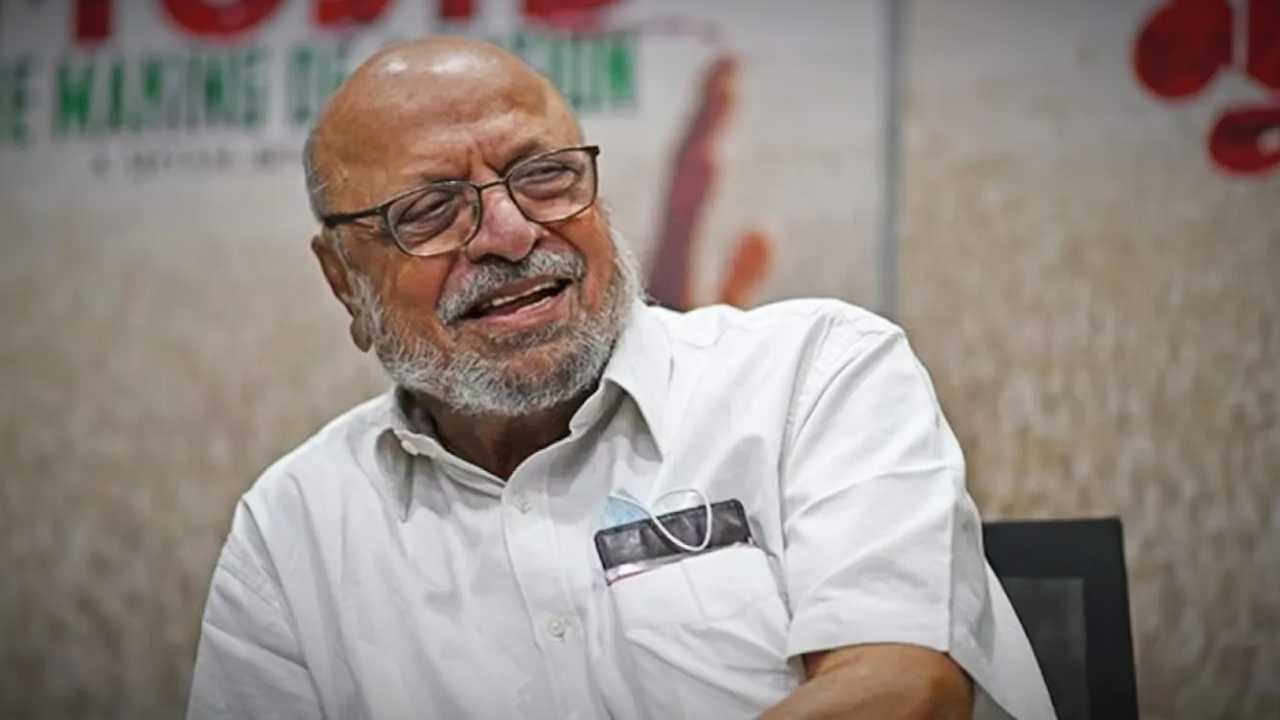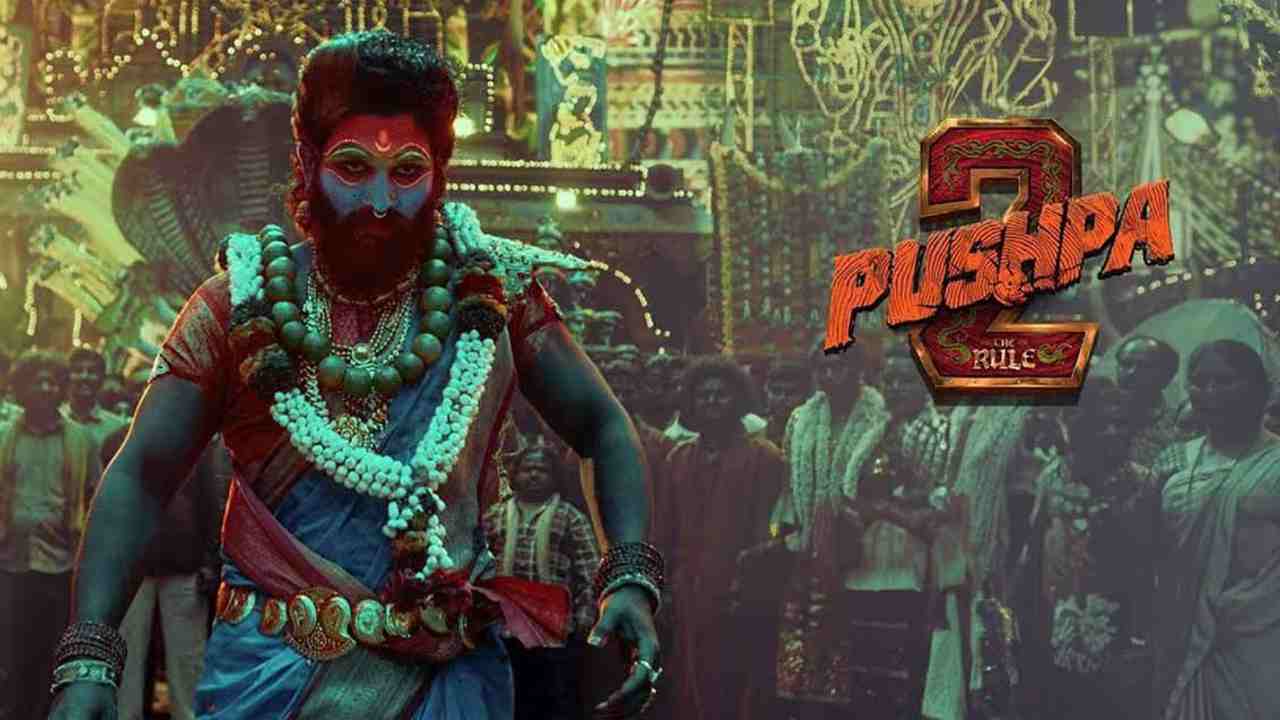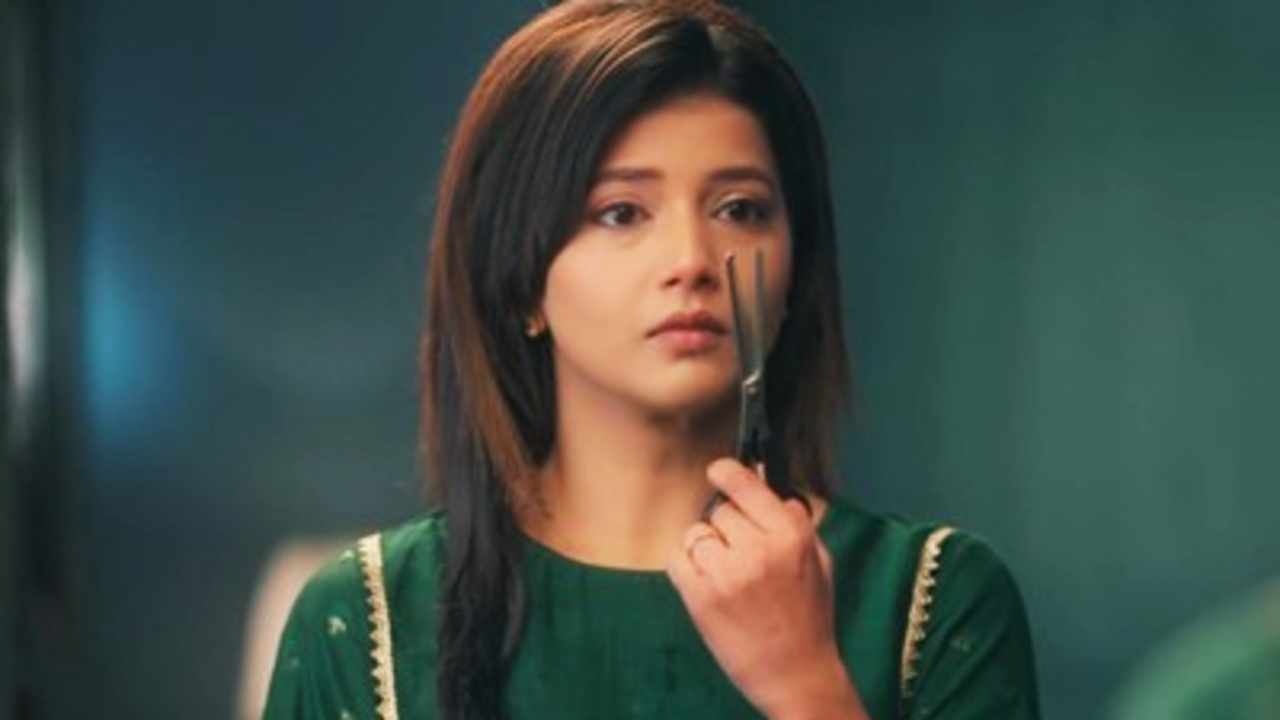Shyam Benegal, one of India’s most revered filmmakers, passed away on December 23, 2024, at the age of 90. His death marks a significant loss for the Indian film industry, where he was celebrated as a pioneer of parallel cinema, a movement that sought to portray the complexities of Indian society with authenticity and depth.
A Legacy of Authentic Storytelling
Born on December 14, 1934, in Trimulgherry, Hyderabad, Benegal’s cinematic journey began in a politically charged environment that shaped his worldview. His early exposure to diverse ideologies fueled his passion for storytelling through film. He famously stated that cinema should not just entertain but also engage with reality in meaningful ways. This philosophy guided him as he crafted films that highlighted the struggles of marginalized communities and addressed pressing social issues.
Benegal’s filmography includes landmark works such as Ankur (1973), Manthan (1976), and Bhumika (1977). These films not only broke away from the conventional narratives of mainstream Bollywood but also introduced audiences to powerful themes such as rural distress, women’s rights, and the quest for identity. His film Manthan, which depicted the cooperative dairy movement in India, was particularly notable for its grassroots storytelling and was funded by over 500,000 farmers.
Best Works of Shyam Benegal
Benegal’s contributions to cinema are encapsulated in several iconic films that reflect his artistic vision:
- Ankur (1974): His directorial debut explores caste and gender dynamics through the story of a wealthy landlord’s illicit relationship with a Dalit woman.
- Nishant (1975): A bold critique of feudal oppression, this film was India’s official entry to the Oscars and won multiple National Film Awards.
- Manthan (1976): Celebrated for its portrayal of the cooperative movement among dairy farmers, it showcased resilience and collective action.
- Bhumika (1977): Based on the life of actress Hansa Wadkar, this film examines a woman’s quest for identity amidst societal expectations.
- Suraj Ka Satvan Ghoda (1992): This philosophical film uses non-linear storytelling to explore interconnected love stories and human relationships.
- Mandi (1983): Set in a brothel, this film presents a nuanced view of women’s lives and societal hypocrisy.
- Zubeidaa (2001): A poignant tale about a woman’s tragic life caught between her desires and societal constraints, featuring music by A.R. Rahman.
These films not only solidified Benegal’s reputation as a master storyteller but also highlighted his commitment to social issues.
Influencing Generations
Benegal’s impact on Indian cinema extends beyond his films. He was a mentor to many filmmakers, including Anurag Kashyap and Sudhir Mishra, who credit him with inspiring a new wave of serious storytelling in Indian cinema during the 1980s. His commitment to realism and character-driven narratives paved the way for a generation of directors who sought to challenge the escapism prevalent in mainstream films.
His television work, particularly the monumental series Bharat Ek Khoj, showcased his ability to weave historical narratives into compelling storytelling. This series remains a testament to his vision of engaging with India’s rich cultural heritage while addressing contemporary issues.
Tributes and Remembrance
Following his passing, tributes have poured in from across the nation. Filmmaker Mahesh Bhatt described Benegal as a “giant of Indian cinema” whose stories resonated with raw honesty and depth. President Droupadi Murmu referred to him as “a veritable institution,” highlighting his extraordinary contributions to Indian culture.Benegal’s last film, Mujib: The Making of a Nation, released in 2023, continued his legacy of impactful storytelling. As audiences reflect on his extensive body of work, it is clear that Benegal’s films will continue to inspire future generations.
A Champion for Women and Marginalized Voices
One of Benegal’s most significant contributions was his unwavering support for women’s rights and marginalized voices. Films like Bhumika offered a scathing critique of traditional gender roles, while his trilogy—Mammo, Sardari Begum, and Zubeidaa—explored complex identities within the context of societal oppression. By centering women’s experiences, he shone a light on systemic injustices that often go unnoticed.
Conclusion
Shyam Benegal’s contributions to Indian cinema are unparalleled. His dedication to authentic storytelling and social critique has left an indelible mark on the industry. As we bid farewell to this cinematic luminary, we celebrate a legacy that transformed Indian cinema and gave voice to those often unheard. His work remains a vital part of India’s cultural landscape, ensuring that future generations will continue to learn from his insights into society and humanity.
Disclaimer: This article is based on information available up until December 24, 2024.









